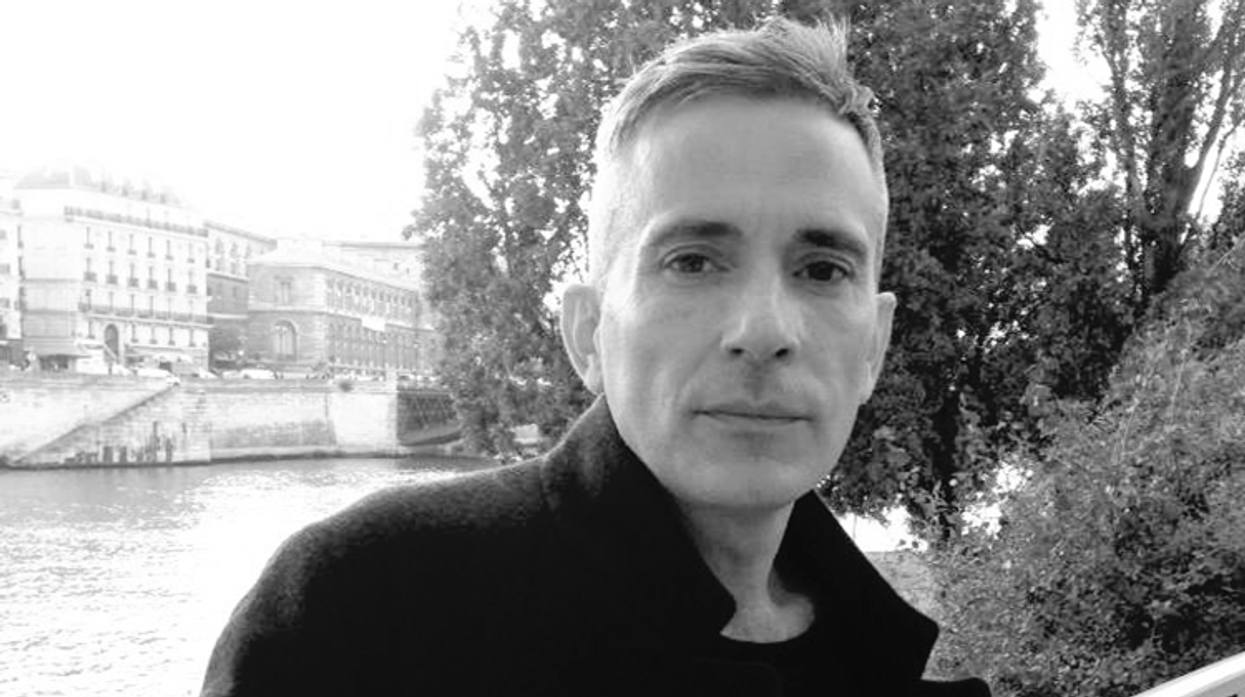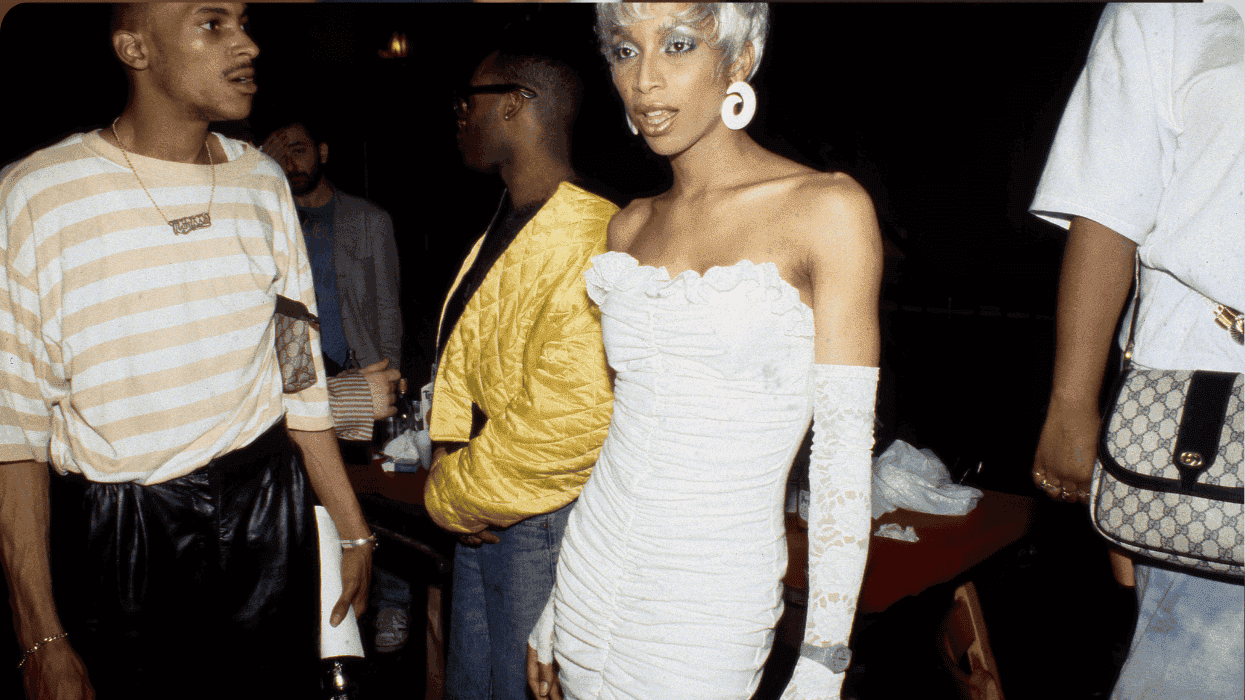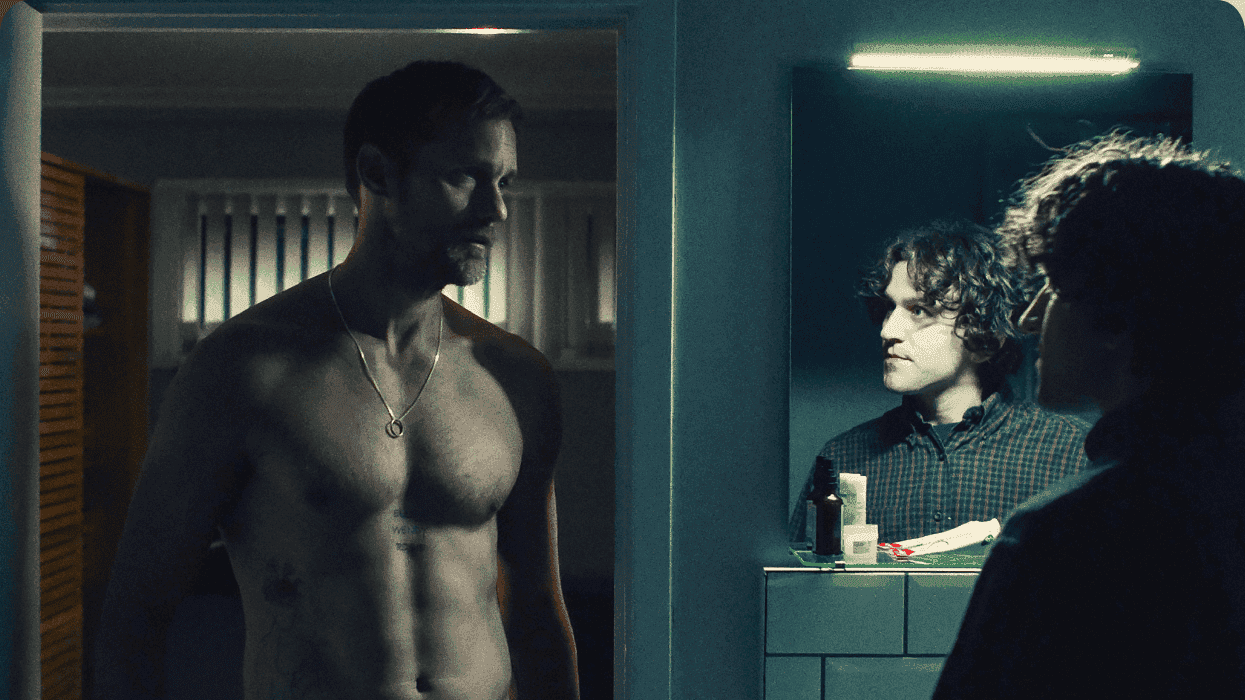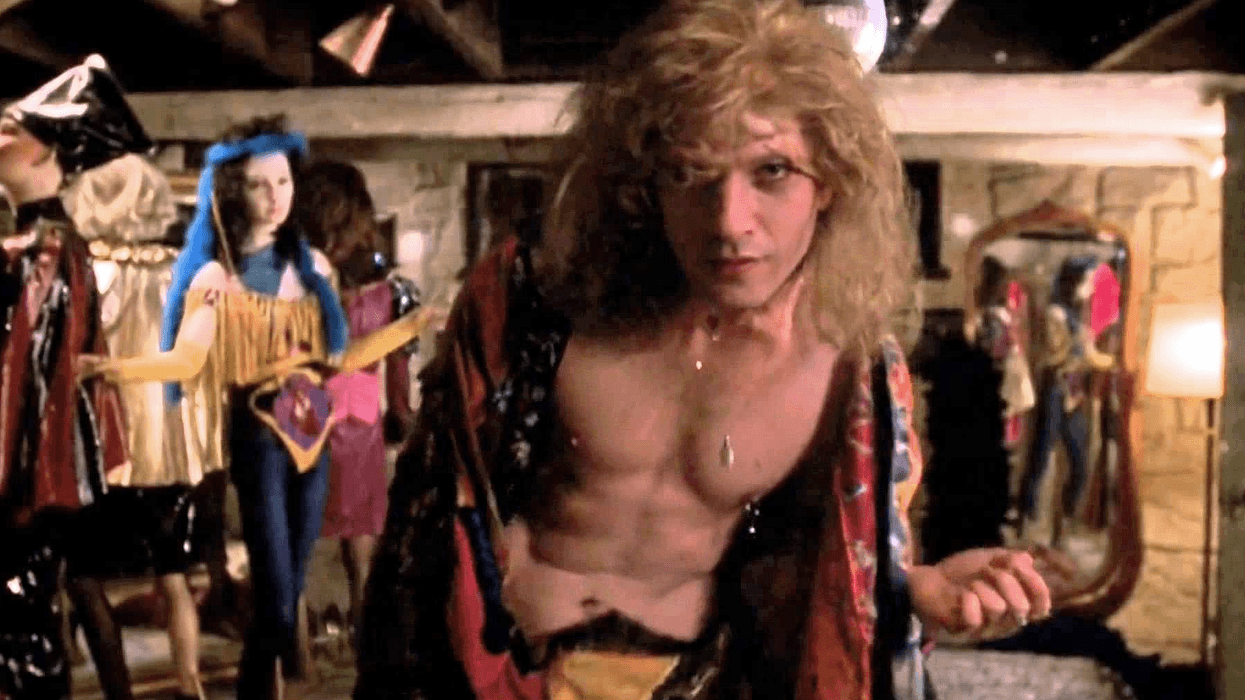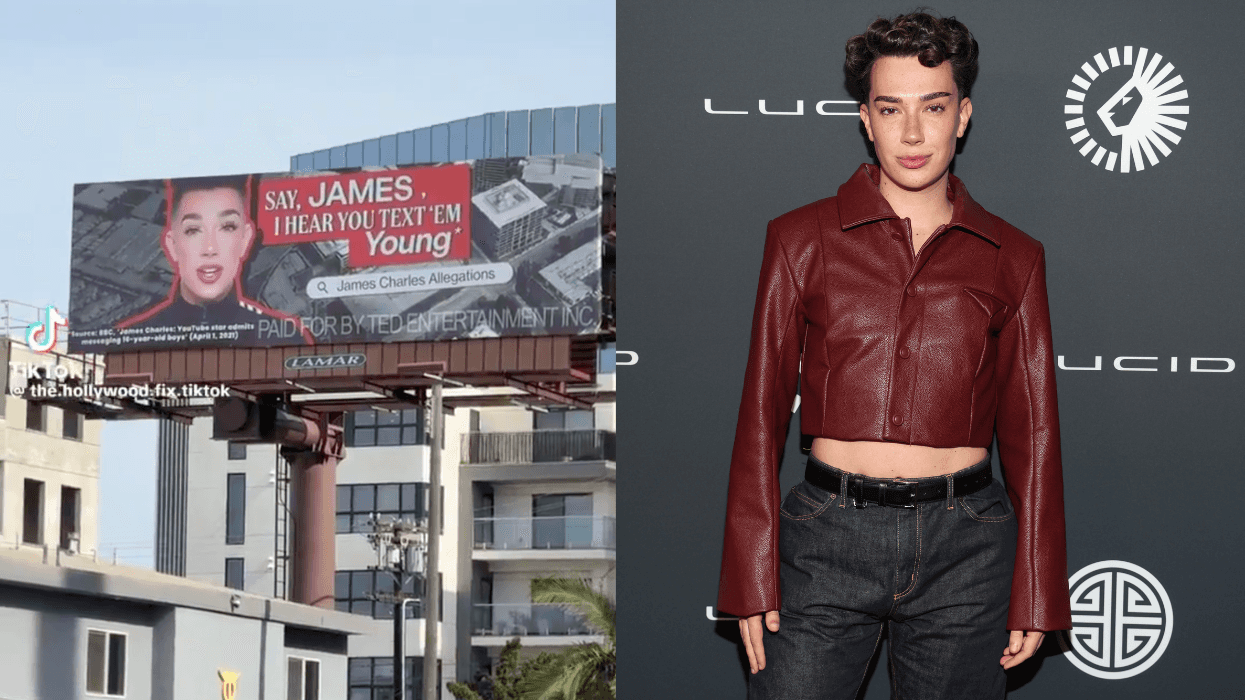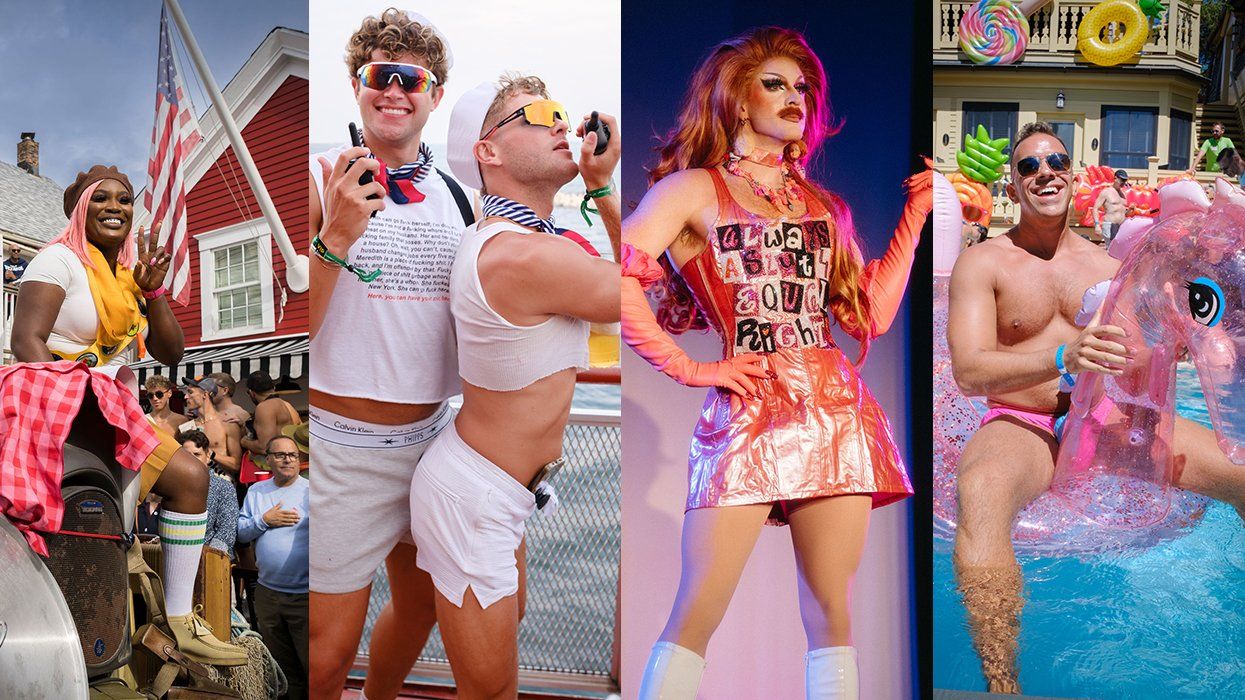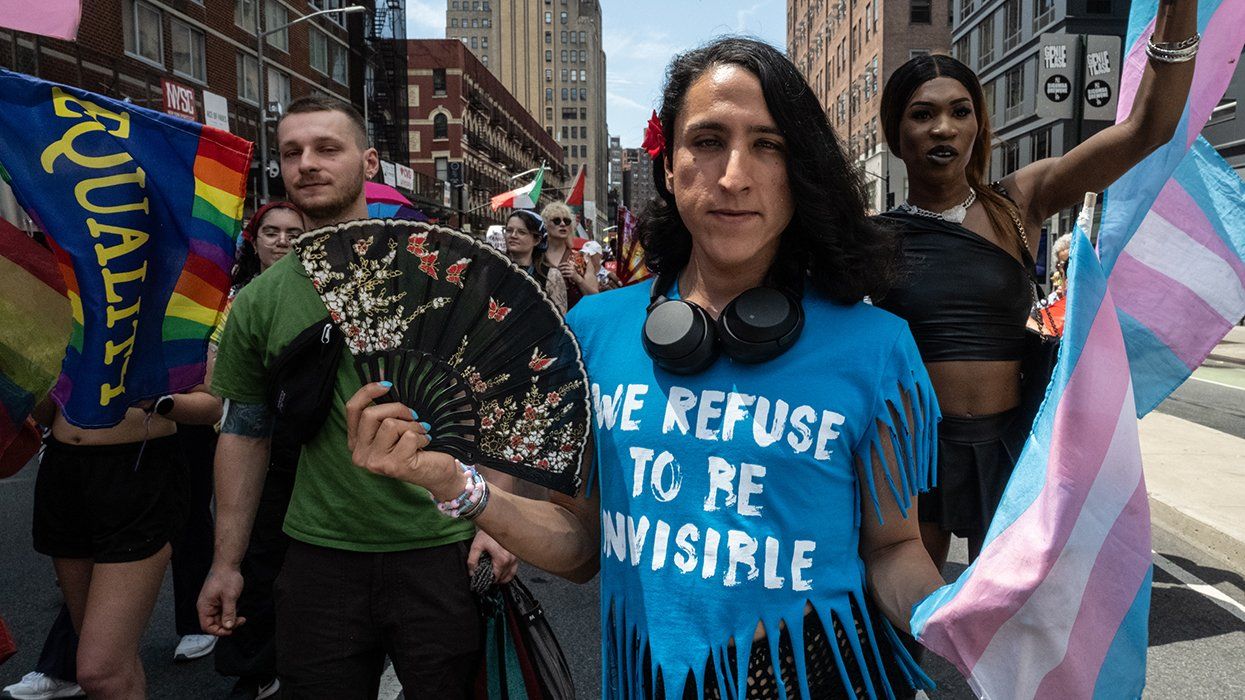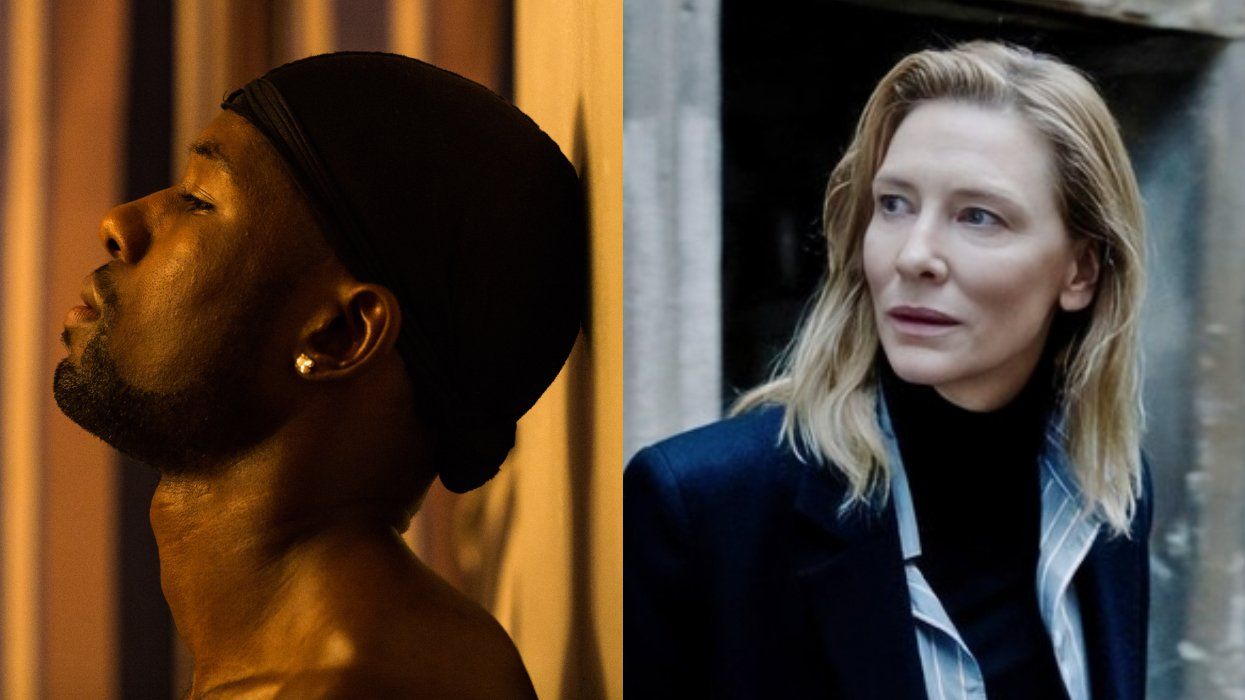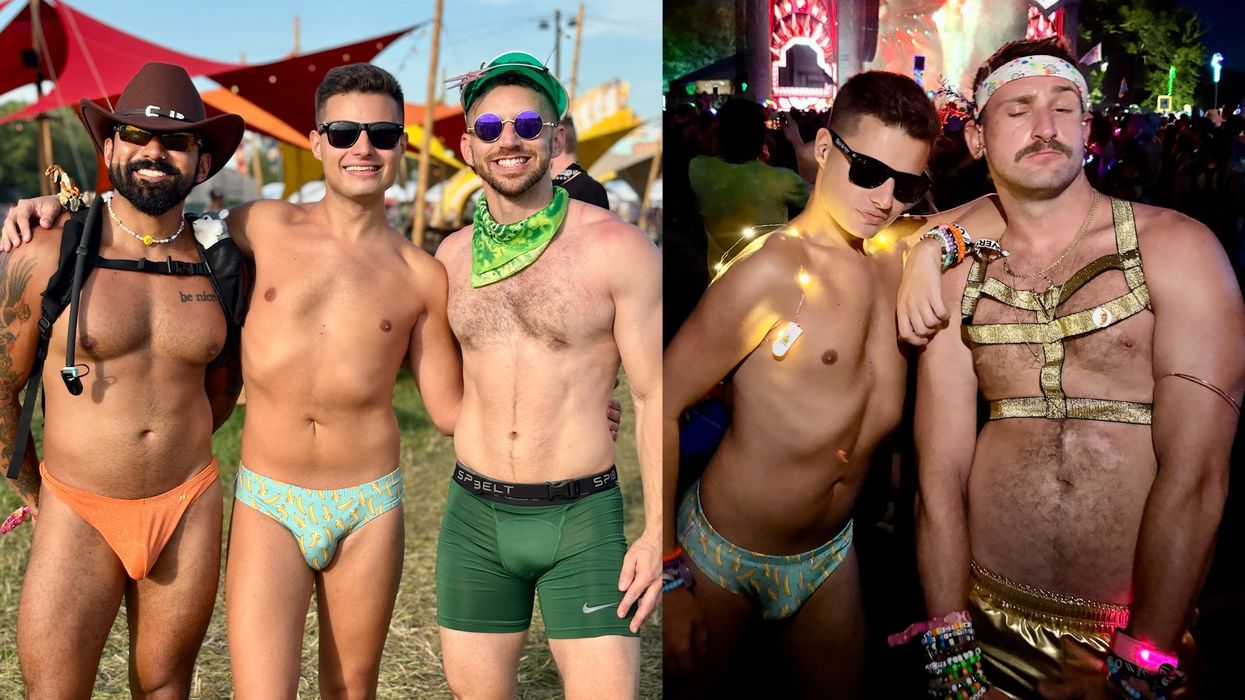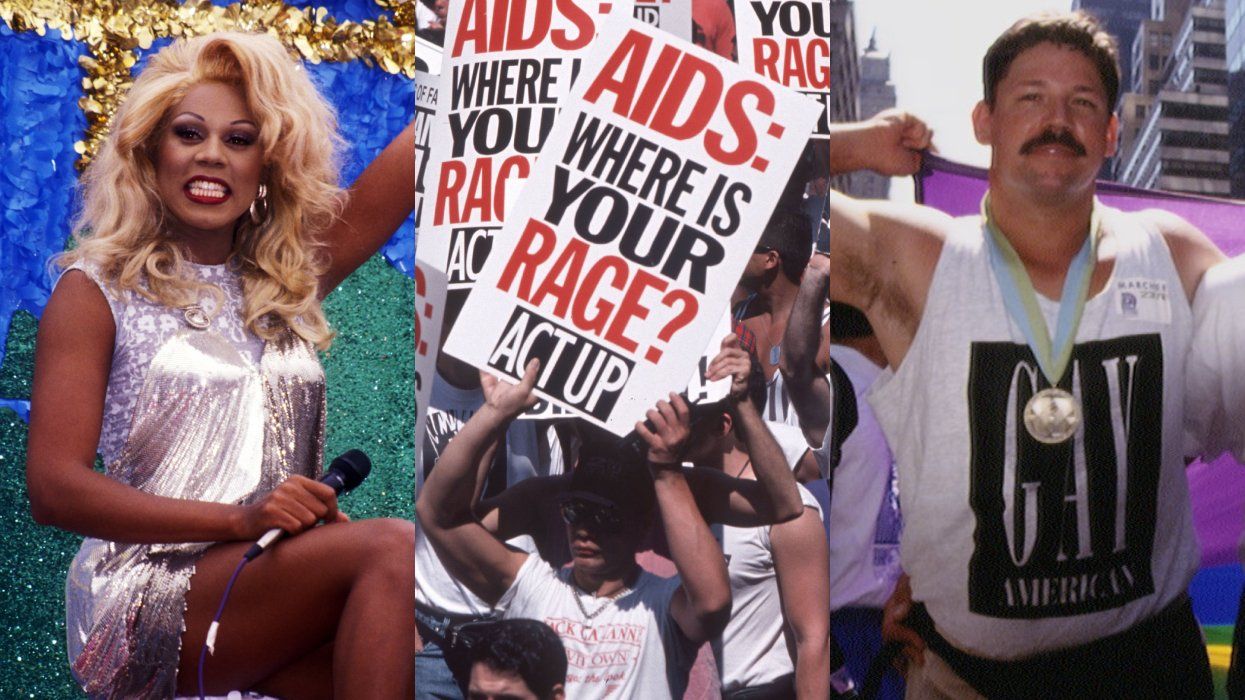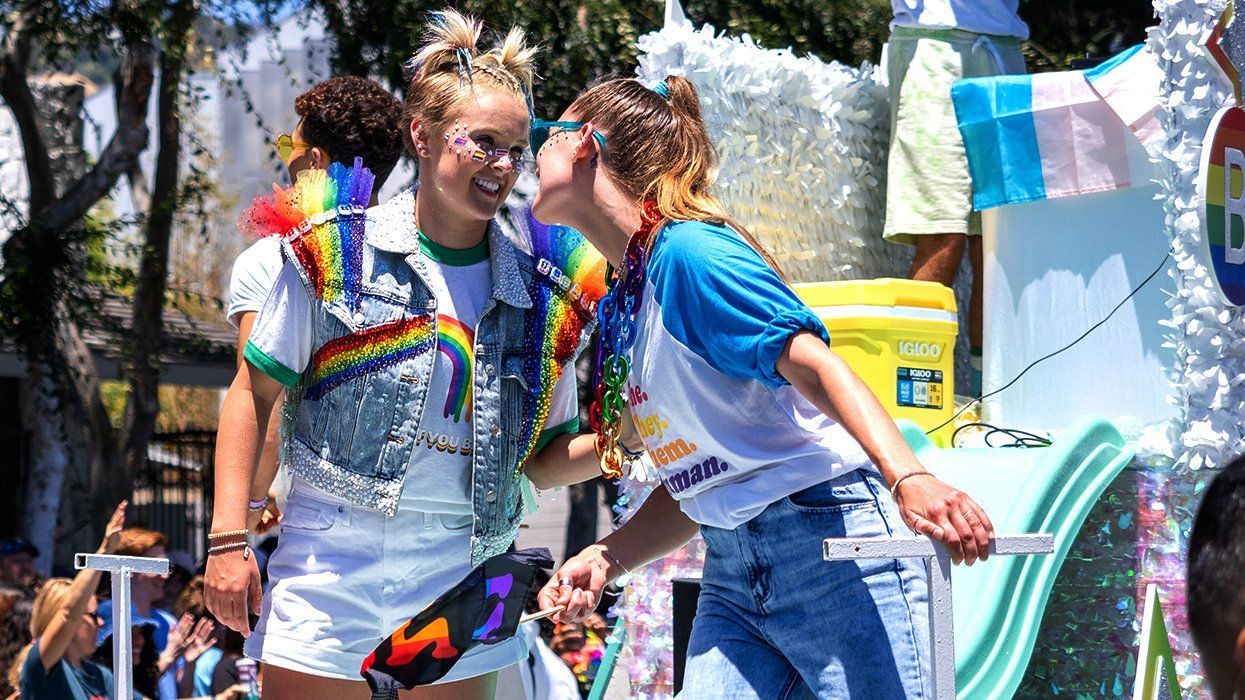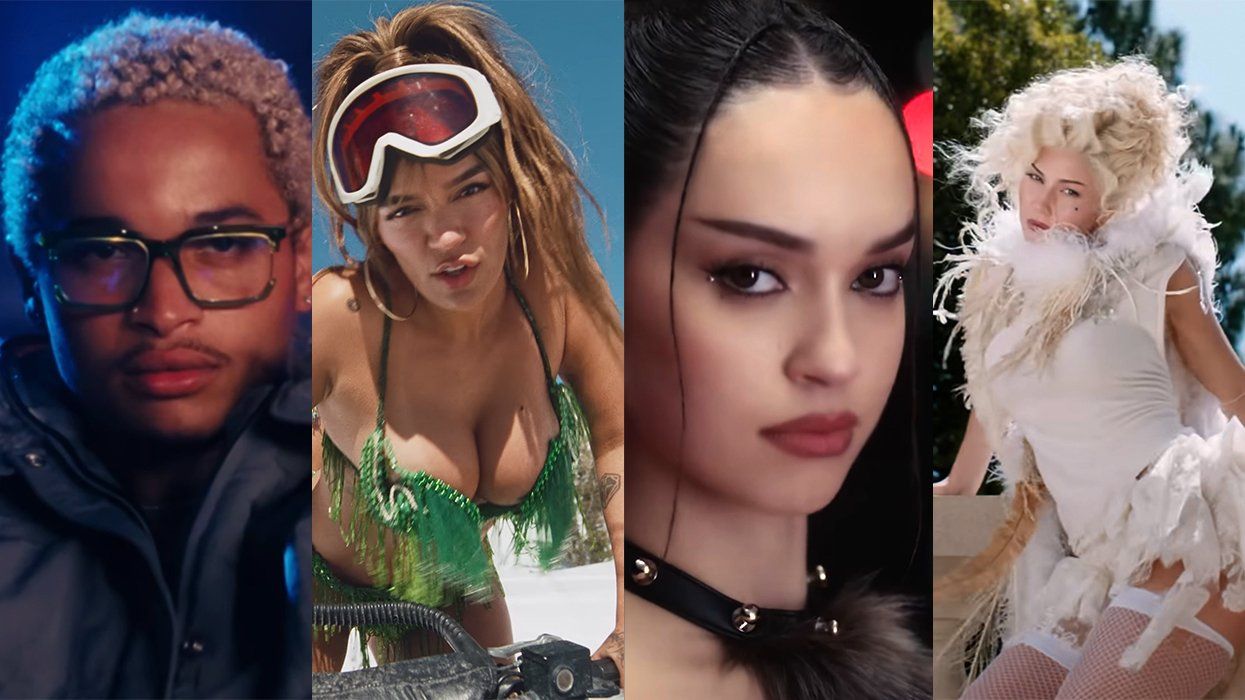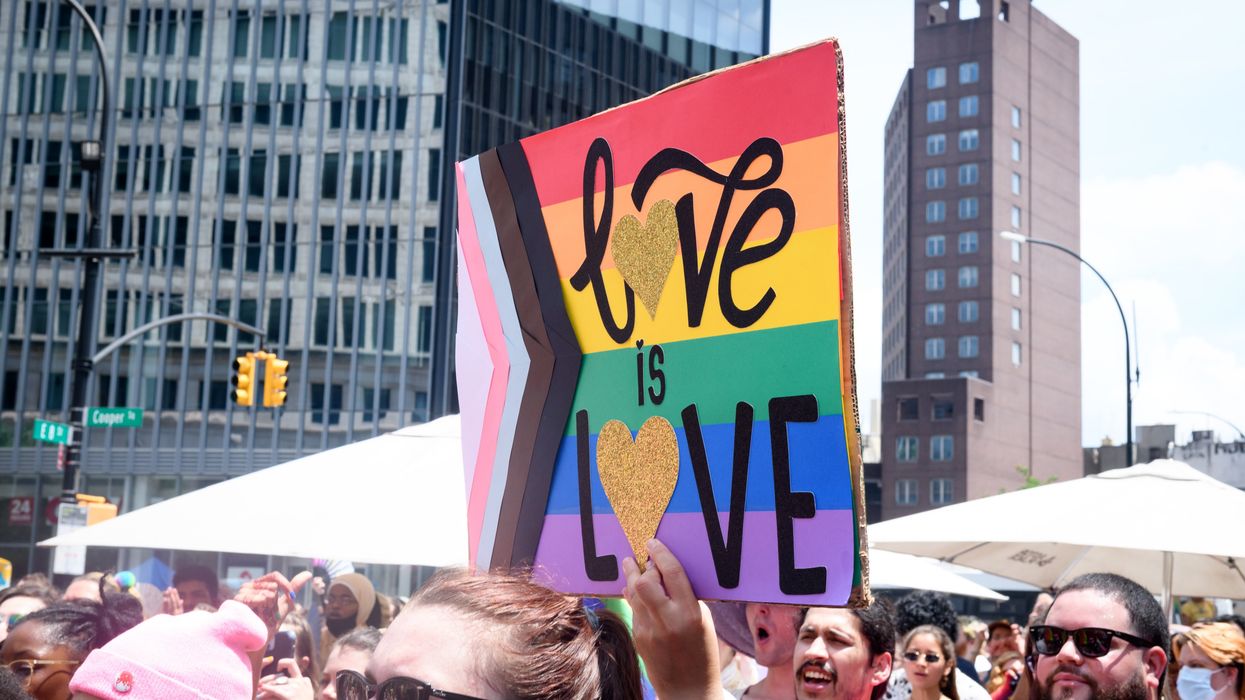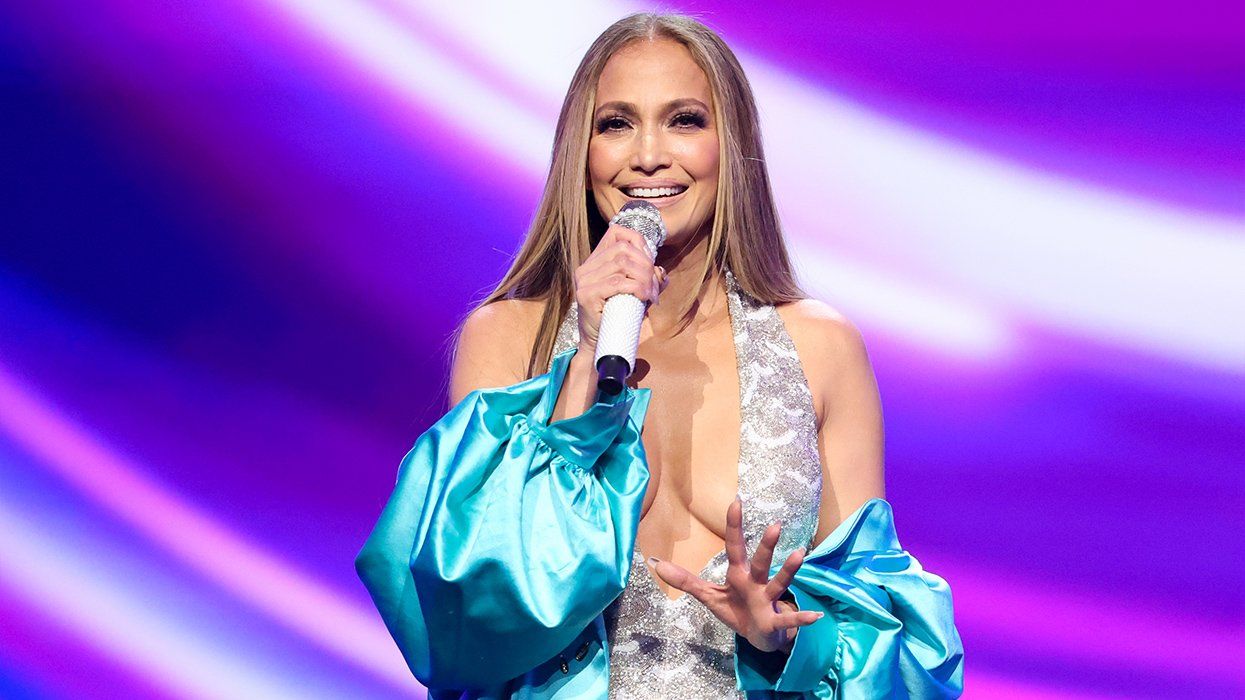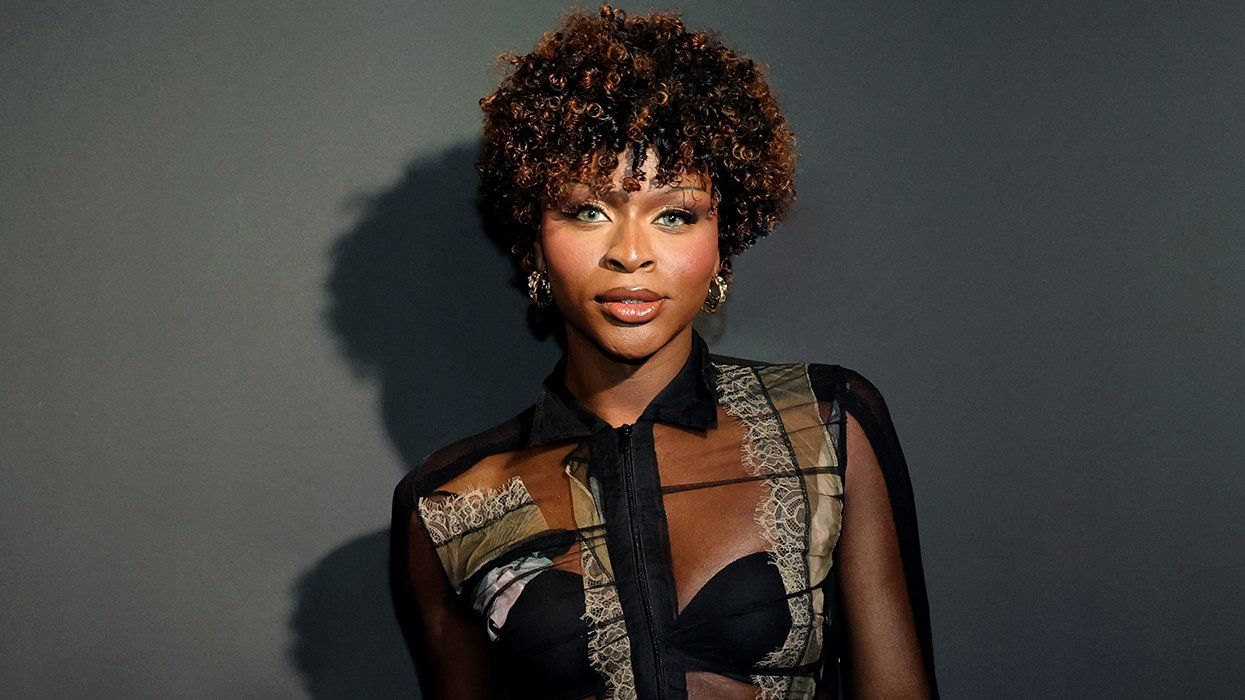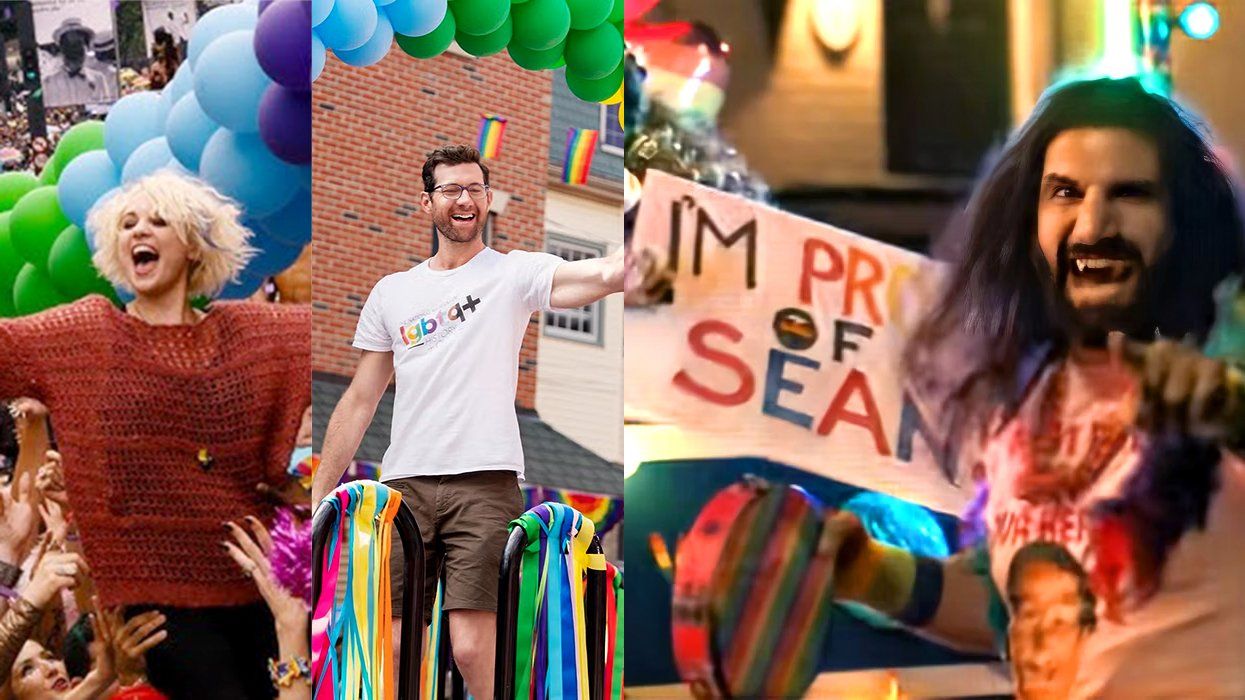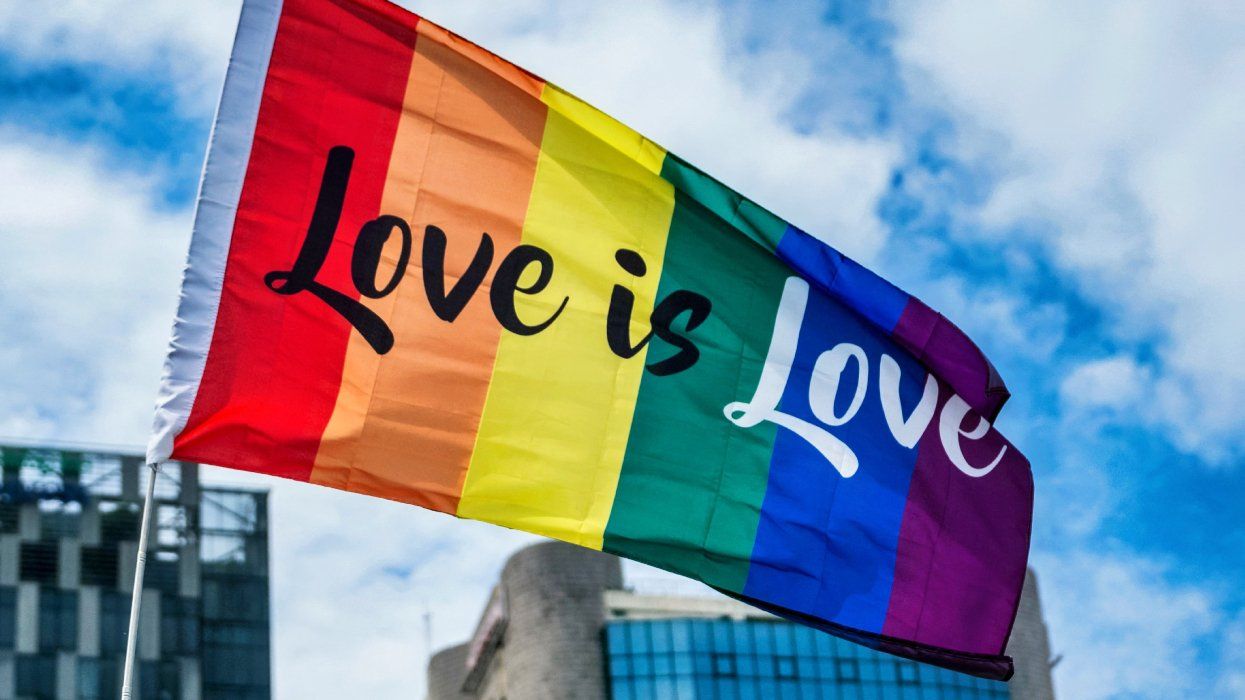I grew up gay in Ohio in a small town of 600 people, one stop light and little to do other than dream of being somewhere else. My parents (who I love dearly) were morticians, which further circumscribed my ability to safely navigate the perilous social trappings that only childhood and adolescence enable. I was known as "Eddie Munster". It was only much later that I realized that my own fear, and not my parent's profession, or even being gay, prevented me from identifying with others. In my teens, a McDonald's materialized on a highway intersection near town. While others rejoiced, I planned my escape.
I left in 1996, as grunge was dying, and moved to Chelsea in NYC. I came to the city for the reasons most people do: to find a meaningful job, to find meaning, to fall in love. It was a magical time. I had just read Dancer from the Dance by Andrew Holleran, and like so many young gay men, I had hoped to find my "Malone." It was fitting that, when I arrived, I interviewed at The Advocate and chose that job over similar positions at more mainstream publishers. I wanted to make that "difference".
My first Pride in NYC was typical, but glorious: to be in the company of thousands of others walking down Fifth Avenue in celebration, unified. Later that evening, I saw a news report on the parade. They managed to film only the most stereotypical gay and lesbian archetypes: the leather man, the butch dyke on a motorcycle, the drag queen in runny makeup. I wondered, when will they see us differently? When will they see us as: sons, daughters, parents, friends? How can we show them all who we are and still have a celebration? It was not clear then that we would have to wait for them to catch up to us.
Over the years, LGBTQ visibility edged into the mainstream. We, at The Advocate and OUT, were part of that machine that pushed for us all. I, and many others, in both the LGBTQ media industry, nonprofits and the public demanded inclusion: the right to love who we wish, the courtesy of being accepted as lives and not a "lifestyle." The acknowledgment that being LGBTQ was not a choice.
Many things in those years shaped me, but seeing Brokeback Mountain stands out. Ennis Del Mar lived an unrealized life by anyone's standards. Certainly, countless LGBTQ people have lead similar lives of isolation and shame. Ten years later, when Aaron Hicklin, editor-in-chief of OUT wrote an essay on Brokeback Mountain, which revisited both the script and the filming through the cast and director, I asked him to relay a message to Ang Lee: to thank him for how sensitively he told us Ennis's story. Part of me identified with Ennis: the shame, the terminal uniqueness. I realized that I could live in a gay neighborhood, work at a gay publication, have gay friends and be in a gay relationship and still have my own unrealized feelings of being "less than".
Then marriage equality passed in the United States on June 26, 2015. A hope I had held my whole life. I walked in the Pride parade that summer, carrying my tiny Chihuahua, Marie, trying to catch up to the float for OUT and The Advocate. My team was always just a block or two ahead of me as I continued to make my way through the crowd down Fifth Avenue. I squeezed my way from 17th Street to Christopher Street, taking note of the crowd. There were the leather men, the butch lesbians on motorcycles and drag queens gleefully sweating through their makeup, but there were also guys like me, parents like my parents and gay men and lesbian women couples with babies, holding them high on their shoulders. I saw children on the sidewalks waving rainbow flags next to their straight parents who cheered and applauded. And I wondered if we were now seen as sons, daughters, parents and friends -- people among people, together on a Sunday afternoon at a parade on Fifth Avenue.
Last year my father asked me to tell him about being gay and how he can approach LGBTQ people and invite them to join their church in Colorado. I have immense respect for both of my parents. As hard as it is for us to be ourselves, it is difficult to estimate how a parent would worry for their child growing up LGBTQ. Life is difficult enough, as they say. But what do you do when you have no choice? Being gay is what saved me. It is what propelled me to leave that small town in Ohio. It is what shapes me, though it is only part of me. For me, Pride means that being LGBTQ is more than a birthright. It is a privilege.


